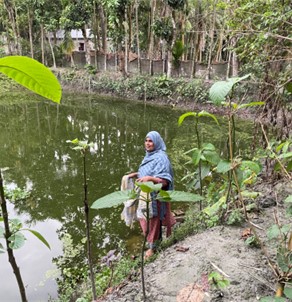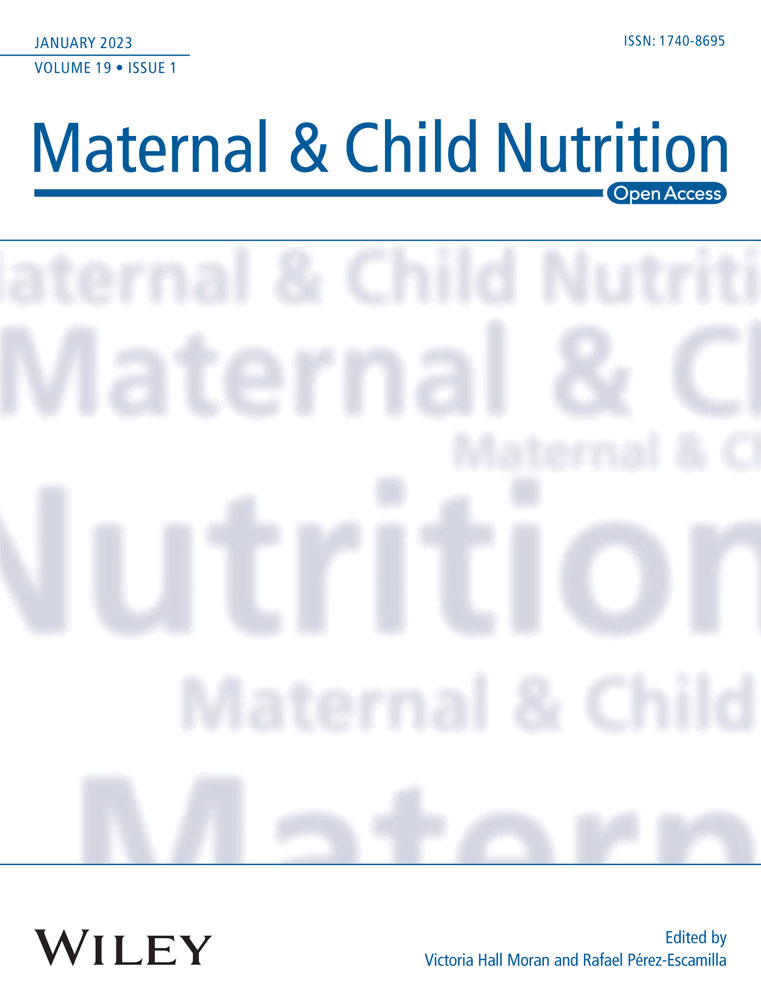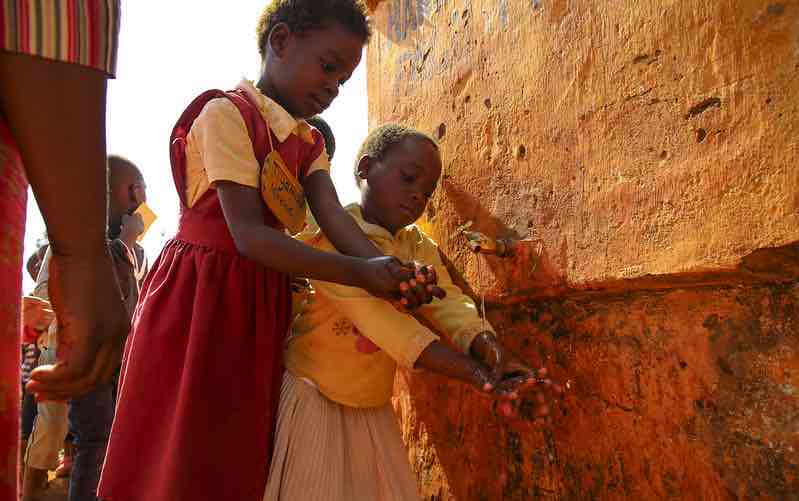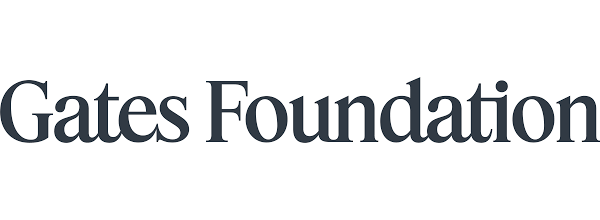SEEMS-Nutrition supports the scaling up of future solutions to enhance and sustain nutritious food systems in a rapidly evolving environment of decreasing child and maternal mortality and increasing income, urbanization, commercialization and globalization. Awareness and commitment to improved nutrition through agriculture and healthy food systems is high on global and national agendas. However, transforming agriculture and food systems to make them more nutrition-sensitive is a long-term agenda that will require high quality information for priority setting, timely course corrections, investment decisions and resource allocation. This research is designed to strengthen evidence for decision-making on the costs and benefits of multisectoral strategies, nutrition sensitive value chains and integrated agriculture, health and nutrition interventions to improve economic, nutrition, and health well-being. Evidence on the costs and cost-effectiveness of multisectoral strategies will help program designers and policy makers make informed decisions about what interventions to prioritize to achieve nutrition-related development targets (e.g. World Health Assembly (WHA) or Sustainable Development Goal (SDG) targets).
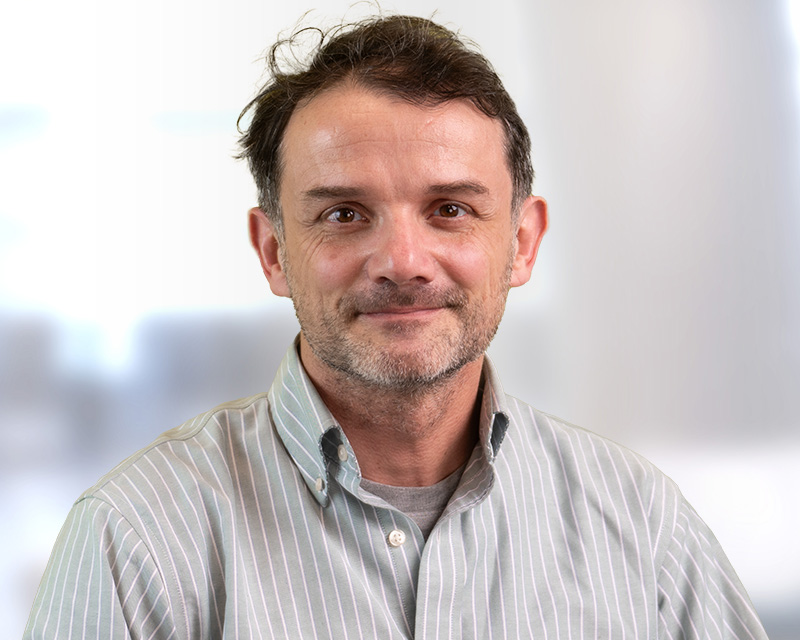
Aulo Gelli
Senior Research Fellow, Poverty,
Gender, and Inclusion




